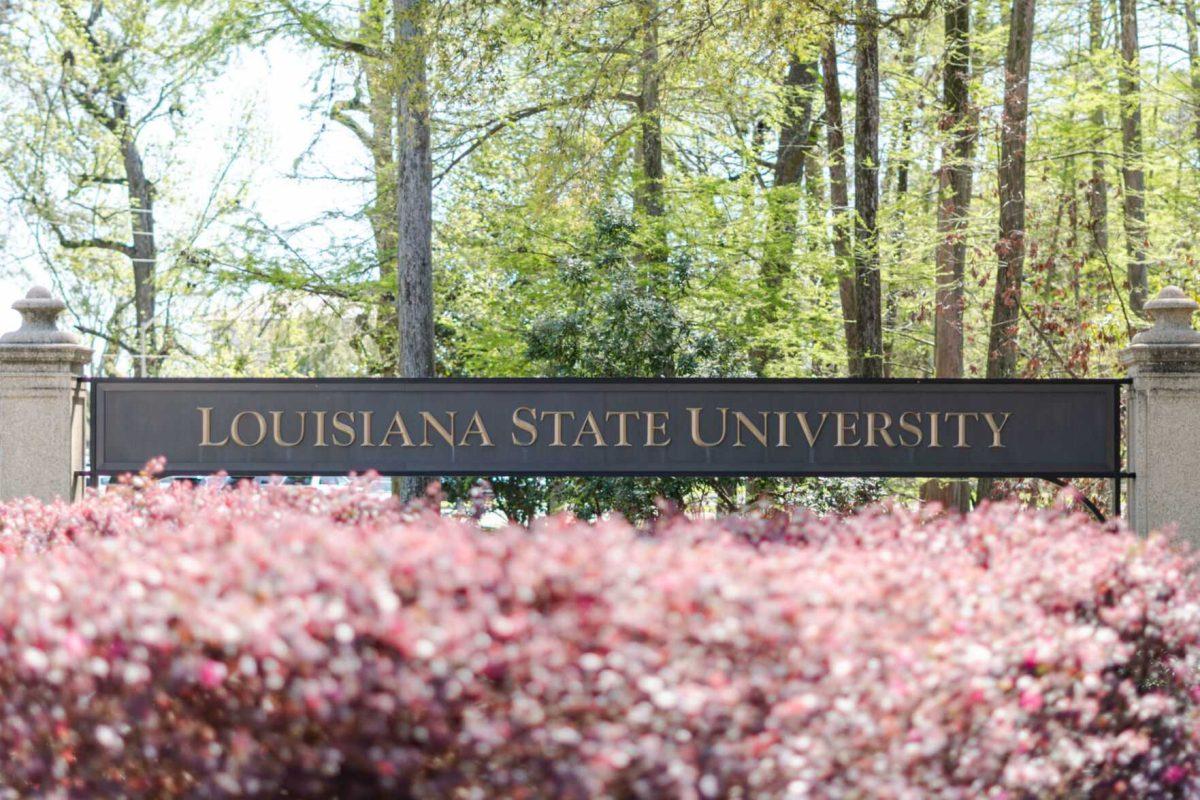LSU’s Student Senate passed a resolution Wednesday condemning Board of Supervisors for President William F. Tate IV’s salary contract which allows him to nearly double his pay if he meets certain goals that the university has routinely achieved.
The resolution SGR 4, authored by sens. Cerquone, Elmer, Robertson, Womack, Appleton, Juarez and Long, raised concerns about the structure of Tate’s contract, which includes bonuses tied to goals like increasing research funding and improving student retention – benchmarks LSU regularly exceeds.
“He gets an extra $75,000 just to bring in more students when we are already at capacity,” said Alicia Cerquone, a senator for the College of Graduate Studies. “The issue is not with the dollar amount. I think the idea that we are paying someone just to maintain the status quo is the main component.”
Cerquone also noted that Tate receives a salary exceeding that of the presidents of private institutions like Harvard and MIT, despite LSU being a public university.
“Tate is getting paid more at a public institution than private universities, and that just shouldn’t be,” Cerquone said.
The authors of the resolution also noted Louisiana’s Attorney General Liz Murrill’s comment on X (formerly Twitter), where Murrill called the cash bonuses an “unconstitutional donation.”
Later, in a statement to the Reveille, Murrill walked back her stance regarding Tate’s contract after she was provided a copy.
College of Engineering Sen. Kendal Frazier, an industrial engineering junior, voiced her support for the resolution saying, “I think that this is a perfect way to be using our platform.”
The passed resolution serves as a recommendation to the university administration, urging action from LSU without mandating implementation.
“The best way to address this is to start a petition and back this bill to show there is support and make this resolution more concrete,” Frazier said.
The resolution passed with a vote of 48 in favor, 8 opposed and 5 abstentions.
According to Cerquone, the legislation will be sent to every member on the Board of Supervisors.
“When we have buildings on campus that are rotting and teachers and advisors who are making enough just to get by doesn’t sound like a reasonable distribution of school resources,” Cerquone said. “Yes we need petitions, yes we need student voices, but this is the first step in making a change.”








